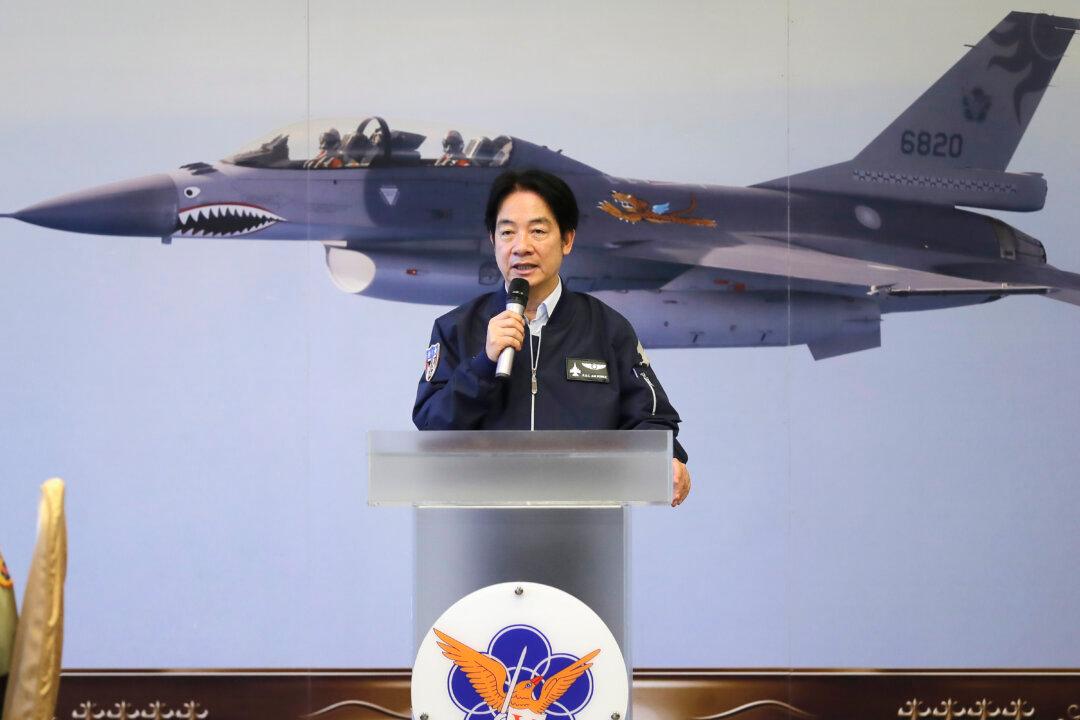Commentary
In his inaugural address on May 20, President Lai Ching-te of Taiwan renewed his commitment to uphold cross-Strait peace and stability. Expressing Taiwan’s willingness to forge constructive relations with China on the basis of parity and dignity, President Lai hoped that Beijing would choose dialogue over confrontation and exchange over containment.
